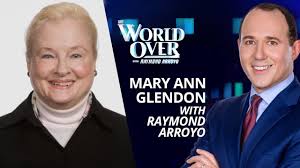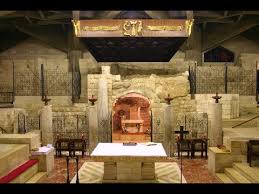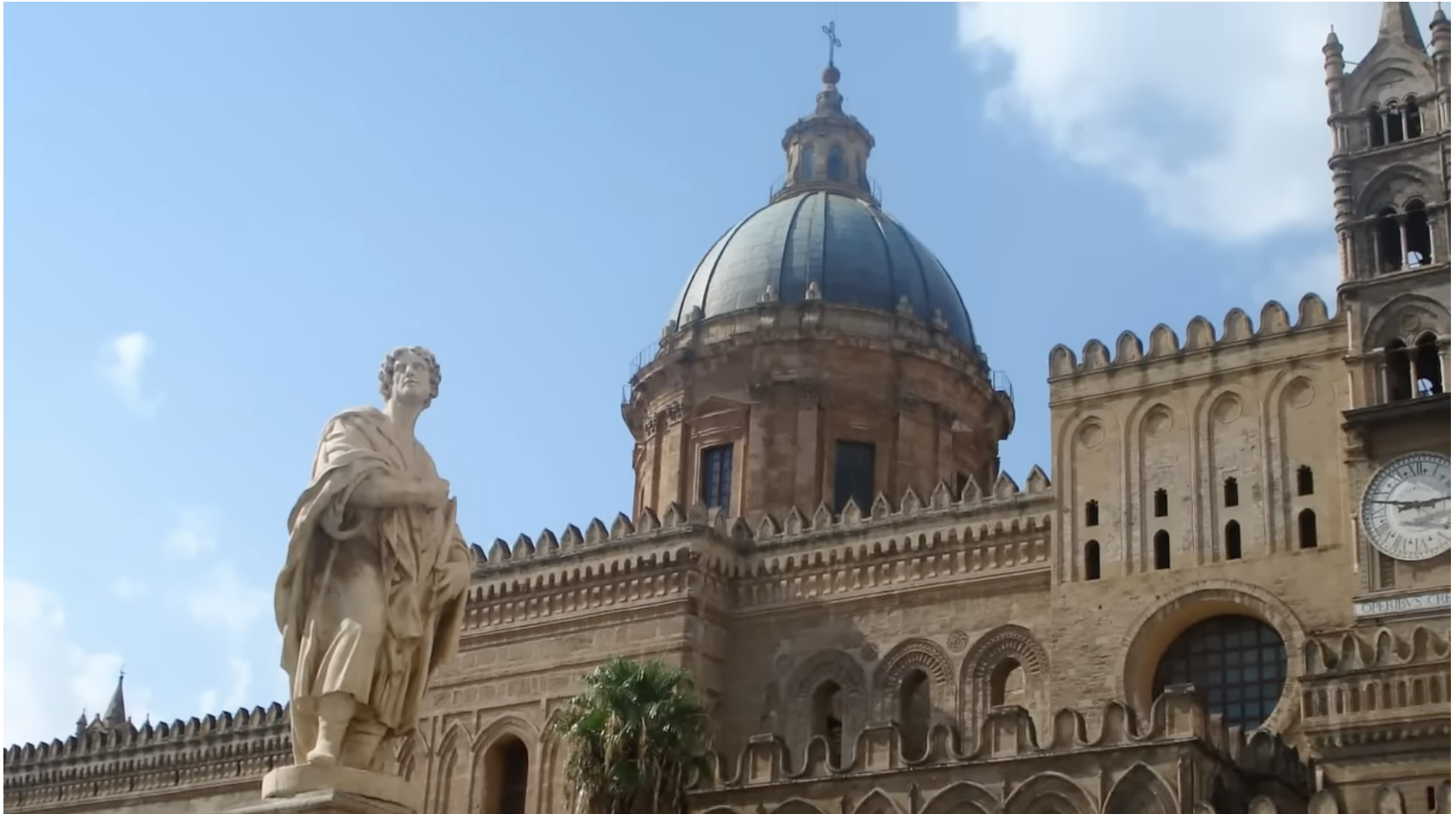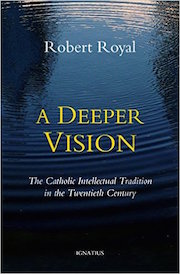It was nearly eight years ago, on a late spring evening in May, when you called me at my home in Woodway, Texas and asked why your Aunt Frankie and I were not Catholic. I remember that evening as if it were just yesterday.
This little 8-year-old girl, as articulate as she was precocious, began interrogating me about what undoubtedly appeared to her to be my inadequate theological beliefs. Looking back, it is clear to me now that that little girl – with her very innocent, yet probing query – played an important role in helping guide her uncle back into the Church in which he had been baptized and from which he had wandered.
So when you asked me to be your Confirmation sponsor, whether you knew or not, you were offering me an opportunity to return the favor you had imparted to me eight years ago.
Confirmation, as you know, is one of the seven sacraments of the Catholic Church. It is, more specifically, one of the three sacraments of initiation. (The others are Baptism and Holy Communion). Because, as the Catechism of the Catholic Church teaches, they “lay the foundations of every Christian life” (CCC, 1212), both Eastern Rite Catholics and the Eastern Orthodox administer the three sacraments to infants. It is also why we Latin Rite Catholics ask Confirmation candidates to renew the baptismal promises that their godparents had recited on their behalf when the candidates were babies.
Confirmation allows you not only to re-appropriate the grace of your Baptism, but also to make a public commitment to Christ and his Church. Given the times in which we live, this takes a lot of courage, but only if you are truly serious about the sacrament and what it represents.
We live in an age in which observant Catholics – as well as other committed Christians – are under severe cultural pressure to abandon their most cherished beliefs. And as you grow older, enter college, and begin to explore the world outside your family and hometown, these inducements will not dissipate.
Without the resources of the theological virtues – faith, hope, and charity – they will, in fact, become more difficult to resist. For this reason, you need to continually reacquaint yourself with the sacraments, particularly Confession and the Eucharist, as well as to become adept at knowing why you believe what you believe. As St. Peter instructed his readers: “[B]e ready always to give an answer to every man that asketh you a reason of the hope that is in you with meekness and fear.” (I Peter 3:15 – KJV)

Confirmation by Nicolas Poussin, c. 1640
Never forget that you are a member of a truly grand and amazing Church. It is a body of believers that includes the widest variety of personalities, talents, and spiritual masters, coming from thousands of cultures, ethnicities, languages, and geographical regions, with a 2000-year history of incomparable accomplishments.
This is the Church of St. Augustine of Hippo, St. Thomas Aquinas, Dante, St. Francis of Assisi, St. Catherine of Siena, Michelangelo, Galileo, Copernicus, Leonardo da Vinci, St. Thomas More, Bl. John Henry Newman, G. K. Chesterton, J. R. R. Tolkien, Mother Teresa, and Pope John Paul II, and that barely scratches the surface.
So much of what we take for granted today has its roots in the Catholic Church and its teachings. Hospitals, orphanages, universities, charitable organizations, and the scientific investigation of the natural world arose in our civilization precisely because the Church thought such pursuits were not only consistent with, but also entailed by, the teachings of Jesus.
This, of course, does not mean that the Church and some of its members, including you and me, have not failed to lead lives consistent with the Gospel of Christ. For this reason, the Church teaches that all of us, including its own bishops, priests, and deacons, must continually re-examine our consciences, seek reconciliation, and pursue a life of holiness so that we may become conformed to the image of Christ.
To be sure, it is not always easy. But is there a credible alternative? After all, a life devoid of faith, hope, and charity, despite what is mistakenly extolled as goodness, truth, and beauty in the popular culture, is really no life at all.
Your Aunt Frankie and I are extremely proud of you. You are a very talented, smart, and beautiful young lady. You have an impressively perceptive mind, and you seem to be able to effortlessly communicate your thoughts with a sense of wit and poise far beyond your years. But remember: “to whom much has been given, much will be required.” (Luke 12:48)
I am honored to be your Confirmation sponsor.















